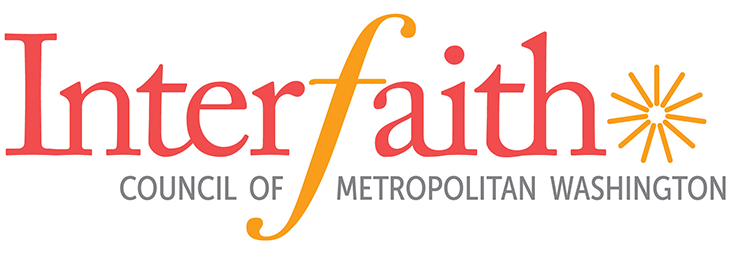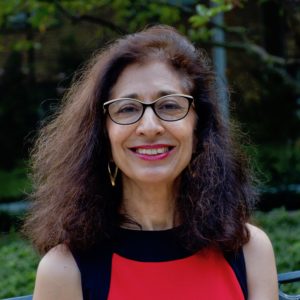By Sovaida Maani Ewing
In a world that is buffeted by crises that assail it from all sides it is easy to succumb to despair. Yet, despair is probably the gravest of all the dangers we face given that it destroys our motivation, leaving us indecisive, confused, uncertain, and ultimately paralyzed precisely when we need to act as never before to avoid a further rending of the fabric of society, whether through war or unmitigated global warming, economic disaster or the corrosive forces of prejudice.
The antidote to despair is hope that is fueled and sustained by a more empowering understanding and interpretation of the events that humanity is experiencing. For me that hope is encapsulated in the faith I have that humanity, as a collective whole, is approaching the age of its maturity and that this period of turbulent transition is characterized by two parallel processes of integration and disintegration. As our immature, selfish part reaches its peak and begins to fade away, our mature nature grounded in a deep awareness of the oneness of humanity starts to emerge.
This simultaneous process of death and rebirth is best understood by reflecting on the process that occurs as a caterpillar undergoes metamorphosis to transform into a butterfly. The caterpillar consumes large volumes of food and goes through a repeated process of molting or shedding its skin. Eventually, it reaches the limit of what it can achieve in its earth-bound state. It then forms a cocoon around itself and begins to excrete enzymes that literally start to dissolve and consume its body. This process of the caterpillar’s disintegration is like the process we have been witnessing in human society for a while. We humans have been voraciously consuming our finite resources to such a degree that it has set off a chain of disastrous consequences as reflected in extreme droughts, fires, floods, environmental disasters, and a global pandemic.
The good news is that within the cocoon, hidden from sight, there is another process taking place. This process is performed by small clusters of cells called imaginal discs that are latent within the caterpillar from the beginning of its existence. During the cocooning stage, each cluster begins to grow a particular part of what will eventually become the emerging butterfly. While the number of cells in each of these clusters is initially small, they begin to multiply rapidly. This process occurs at the same time as the enzymes are consuming the remaining portions of the caterpillar.
Similarly, in our world there are clusters of human beings that have been tirelessly working toward the creation of a unified world in which the principle of the oneness of humanity is recognized as a foundational law governing our spiritual and social reality. These clusters serve the interests of all of humanity regardless of national, ethnic, racial, gender, economic, or class difference, and they are driven by a desire to love and serve all human beings. An example of such a cluster is the growing number of global civil society organizations that are actively working in solidarity in a quest to achieve world peace. Another example are the many interfaith groups that are growing in number and size and are assiduously building the much-needed human capacities of consultation, collaboration, and solidarity necessary to build a better world.
Finally, when the time is right and butterfly is fully formed, it slowly breaks out of its cocoon and emerges as a magnificent new creation of a higher order. Whereas the caterpillar was earth-bound and therefore limited in both its vision and capacities, the butterfly can fly, and consequently, its capacity surpasses that of the caterpillar. Moreover, its horizons are broader and its perspectives greater. So, too, the time will come when the process of the disintegration of our current societal systems will come to an end, along with all the attendant mess it produces. Meanwhile, we will have simultaneously developed new capacities, tools, and moral standards that we need to serve us in this stage of our emerging humanity. Spurred by the capacities and insights of a new maturity we will bend all our energies to creating a peaceful and just world in which we can each actualize our God-given potential and strive to make this world a better place for those who will come after us.
Sovaida Ma’ani Ewing is an author, speaker, international lawyer, life mastery coach, and founding director of The Center for Peace and Global Governance (cpgg.org), a virtual think tank and online forum that pools and proposes principled solutions to pressing global challenges. Her latest book, available on Amazon, is “The Alchemy of Peace: 6 Essential Shifts in Mindsets and Habits to Achieve World Peace.” She also hosts a live video podcast “Re-Imagining Our World” on FB and the CPGG YouTube channel –– https://www.youtube.com/

